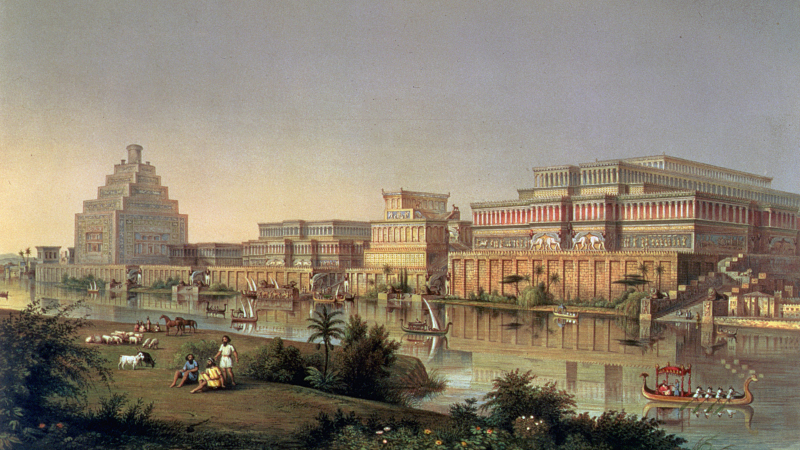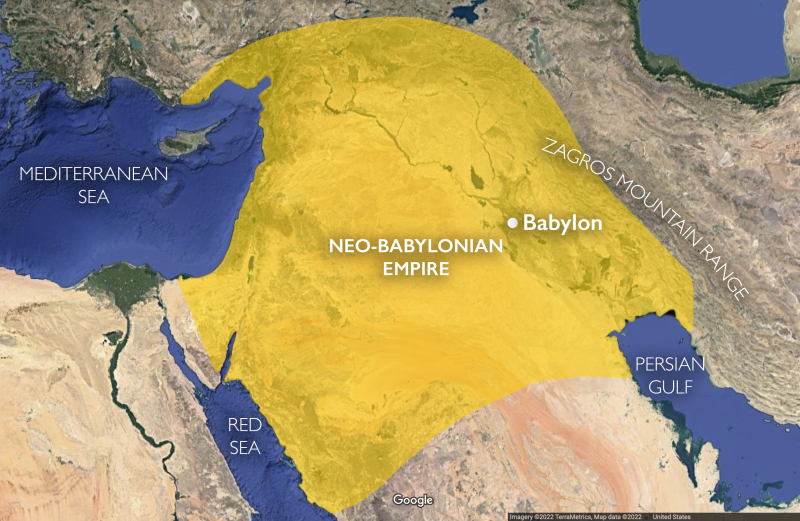The Great Empire Of Babylon

From the Tigris and Euphrates river valleys, Hammurabi grew his kingdom, and he firmly established his dominion over the entire realm. In the second millennium BC, Hammurabi was revered above all previous rulers and proclaimed to be a living deity, giving rise to his common moniker Hammurabi-ili, which translates to "Hammurabi is my god." Three noteworthy accomplishments that he made that were remembered long after his death are that he won wars, advanced justice, and brought about peace throughout the empire.
Hammurabi succeeded Sin-muballit in approximately 1792 BCE, while he was still a young man. However, as was common in Mesopotamian royal courts at the time, he was likely already in charge of some formal responsibilities in the rule of the kingdom. The city of Isin, which functioned as a barrier between Larsa and Babylon, was conquered by Rim-Sin of Larsa, who was in charge of the entire south of Babylonia, in the same year. Later, Rim-Sin emerged as Hammurabi's main adversary. The southern enemy Larsa, whose King Rim Sin I had beaten Hammurabi's father in war, was no match for Babylon when Hammurabi became king in 1792 B.C. Hammurabi, however, immediately began to fortify his city-state. Susan Wise Bauer, a historian, claims that he was the first Babylonian king to build defenses around the city. Hammurabi also made an effort to win over his people, canceling all of their debts in a declaration that he would make four more times over the remainder of his rule.






